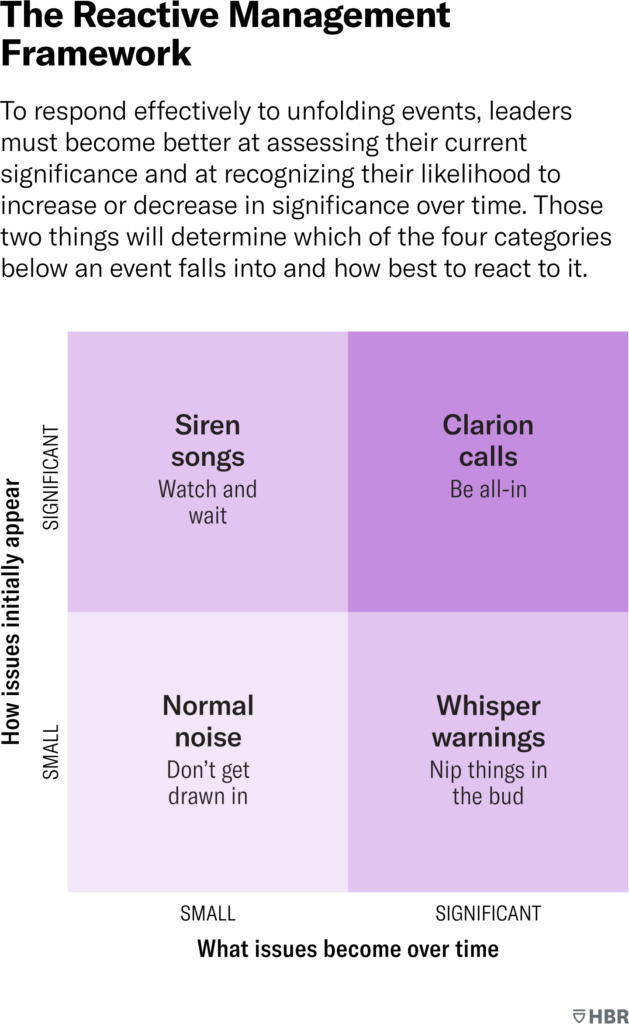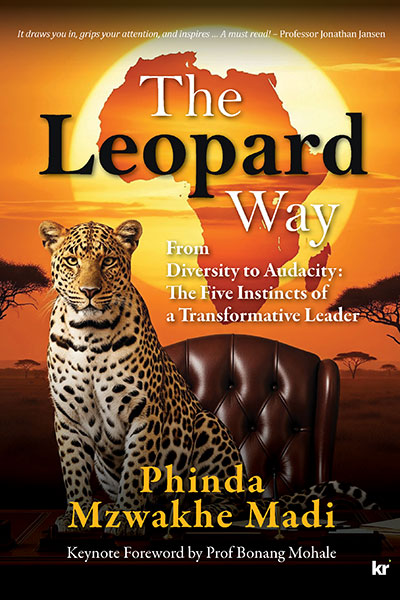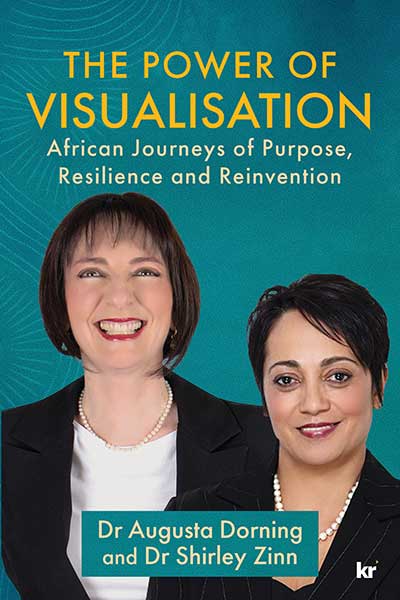By Wilhelm Crous
December 21, 2023
I’m always thrilled to receive a new edition of the Harvard Business Review. Just recently, my advance copy of the Jan/Feb 2024 edition arrived. After publishing six new titles on leadership, I was eager to delve into this edition, which revolves around the theme of Leadership. One particular article that captured my immediate attention is by Nitin Nohria, the former dean of HBS. In his article titled “Leaders Must React,” Prof Nohria provides a framework for CEOs and other senior leaders to navigate unfolding events.
Unfolding events encompass a range of issues that demand a CEO’s attention. These can be externally driven, such as fluctuations in stock prices, unexpected moves by competitors, suppliers, and regulators, or macroeconomic shifts like rising interest rates and major geopolitical changes. CEOs also grapple with unforeseen internal events, including workplace accidents, employee unrest, sudden resignations, and the discovery of product flaws.
Many CEOs, along with other senior leaders, find themselves challenged by the time consumed by unexpected events, struggling to manage and prioritise effectively. To aid executives in this endeavour, Nohria has developed a practical 2 by 2 matrix – The Reactive Management Framework (See figure below).

1. Normal Noise: Small issues likely to remain small.
- Action: Don’t get drawn in.
- Examples of such issues include minor budget deviations, periodic sales/production dips, mixed feedback from stakeholders, and what Nohria terms “flare-ups of human emotions.” Leaders should trust their organisations to handle these events without their direct intervention.
2. Clarion Calls: Significant issues likely to remain significant.
- Action: Be all-in.
- These are events and problems with the potential to have a substantial impact on an organisation’s operations, reputation, and financial risk. Catastrophic product failures, deadly accidents, geopolitical developments, sanctions, and major disruptions in supply chains fall into this category. Leaders must personally engage and mobilise the entire organisation to navigate these situations, demonstrating empathy while steering the organisation forward.
3. Whispering Warnings: Small issues that become significant.
- Action: Nip them in the bud.
- These are challenges that may initially appear minor but have the potential to develop into major concerns. Emerging competitors, initial signs of employee disengagement, small safety failures, or crises related to organisational culture issues like sexual harassment might fall into this category. Swift action is crucial to prevent these challenges from escalating.
4. Siren Songs: Significant issues that are likely to diminish over time.
- The Leader’s Task: Don’t overreact. Watch and wait.
- Although events may seem significant initially, their urgency may fade over time. Leaders must recognise that the initial assessment of their significance doesn’t always correspond to their long-term impact on company performance. Learning to watch and wait is essential in such situations.
Nohria proposes a three-step process to help leaders react effectively to the full spectrum of unfolding events: sensing, sizing, and responding.
– Sensing: Involves recognising patterns, gathering various perspectives, and putting things into frameworks to clarify their meaning. It helps leaders mentally process complex and ambiguous situations, and their proficiency typically improves with experience.
– Sizing: Relates to identifying the quadrant in which an issue fits. Leaders need to estimate its magnitude now and in the future, requiring pattern recognition, prediction, and forecasting skills that develop with experience.
– Responding: One key to dealing with unfolding events is recognising that, by definition, they are evolving and require an adaptive response. No matter how brilliant a leader’s plans may be, unexpected issues inevitably intrude, and dealing with them successfully might be vital to achieving those plans.
In conclusion, while leaders must craft a vision, align, and motivate the organisation around it, they must also sense, size, and respond to unfolding events.
In the ever-evolving landscape of leadership, our commitment to providing valuable insights continues with a series of new publications that explore the multifaceted nature of leadership. Our recent releases, including “Leadership Interrupted: The Pause that Changed Everything” by Mark Holtshousen, “Ubuntu Coaching and Connection Practices for Leader-Managers” by Dumi Magadlela PhD, “Inspirational Leadership: Leadership Lessons from Kilimanjaro” by Dr Thuli Sizile Tabudi, “Leading with Humanity: Unlock the Leader You are Meant to Be” by Peter Laburn, “Crucial Mentoring Conversations: Revised & Expanded” by Niël Steinmann, and “The Leader’s Inner Source: Engage Your Whole Self to Navigate Chaos and Complexity and Make a Meaningful Impact” by Dr Rean Du Plessis, along with “Leadership Lessons from Emperor SHAKA ZULU the Great” by Prof Phinda Mzwakhe Madi, collectively serve as a comprehensive resource for leaders seeking wisdom and guidance in the face of challenges. For more information about these publications CLICK HERE.
Reference:
Nohria, N. (2024). Leaders Must React: A framework for responding to unforeseen events. Harvard Business Review, January–February 2024.













